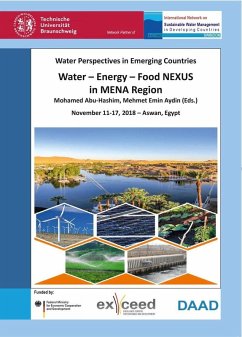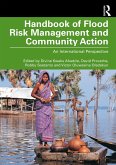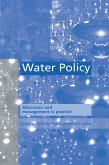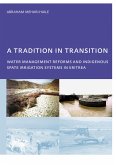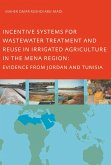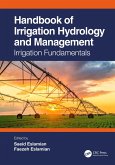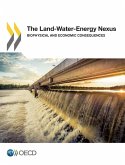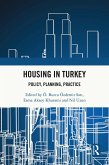Water-energy-food NEXUS is central to sustainable development in MENA Region. Demand for these domains is increasing, driven with a rising global population, changing diets, rapid urbanization and economic growth. Agriculture is considered to be the largest consumer of the world’s freshwater resources, and more than one-quarter of the energy consumed globally is spent on food production and supply. The linkages between these essential domains require an appropriately integrated approach to ensuring water and food security, sustainable agriculture, and energy production worldwide.
Water is a finite resource having to serve exponentially more people and usages, and so ensuring that everyone has access to a reliable supply and sustainable progress. As water resources become more stretched, the energy and food sectors’ dependence on water means that decision-makers are now increasingly focusing on water resources management, ecosystem protection, and water supply and sanitation as part of their policy and practice for sustainable developments goals. In addition, there will need development of less water-intensive renewable energy, such as hydropower and wind power, before it makes a significant impact on water demand.
As agriculture set to remain the biggest user of water into the middle of this century, efficiency measures along the entire agrifood technologies can help saving water and energy, such as precision irrigation based on information supplied by water providers, which can motivate farmers to invest in their systems ensuring the best returns from their water investments.
The expert workshop held in Aswan, Egypt aimed to exchange knowledge and to share information on water-energy-food challenges and solutions, and to establish a sustainable network of water experts in the MENA Region.
Dieser Download kann aus rechtlichen Gründen nur mit Rechnungsadresse in A, B, BG, CY, CZ, D, DK, EW, E, FIN, F, GR, HR, H, IRL, I, LT, L, LR, M, NL, PL, P, R, S, SLO, SK ausgeliefert werden.

